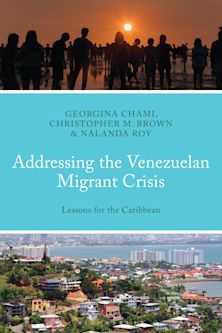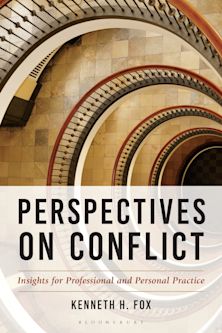The Refugee Crisis and Religion
Secularism, Security and Hospitality in Question
The Refugee Crisis and Religion
Secularism, Security and Hospitality in Question
Description
The current refugee crisis sweeping Europe, and much of the world, closely intersects with largely neglected questions of religion. Moving beyond discussions of religious differences, what can we learn about the interaction between religion and migration? Do faith-based organisations play a role within the refugee regime? How do religious traditions and perspectives challenge and inform current practices and policies towards refugees? This volume gathers together expertise from academics and practitioners, as well as migrant voices, in order to investigate these interconnections. It shows that reconsidering our understanding and approaches to both could generate creative alternative responses to the growing global migration crisis. Beginning with a discussion of the secular/religious divide - and how it shapes dominant policy practices and counter approaches to displacement and migration - the book then goes on to explore and deconstruct the dominant discourse of the Muslim refugee as a threat to the secular/Christian West. The discussion continues with an exploration of Christian and Islamic traditions of hospitality, showing how they challenge current practices of securitization of migration, and concludes with an investigation of the largely unexplored relation between gender, religion and migration. Bringing together leading and emerging voices from across academia and practice, in the fields of International Relations, migration studies, philosophy, religious studies and gender studies, this volume offers a unique take on one of the most pressing global problems of our time.
Table of Contents
Product details
| Published | Dec 01 2016 |
|---|---|
| Format | Ebook (Epub & Mobi) |
| Edition | 1st |
| Extent | 240 |
| ISBN | 9781783488964 |
| Imprint | Rowman & Littlefield Publishers |
| Series | Critical Perspectives on Religion in International Politics |
| Publisher | Bloomsbury Publishing |



































